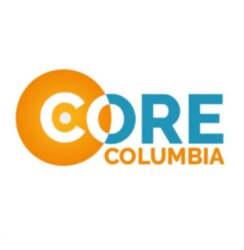In the world of business, a competent bookkeeper can be the unsung hero behind significant cost savings. This holds especially true for construction businesses and therapists who, with the right financial guidance, can optimize their finances and make informed decisions for their success.
For construction businesses, meticulous bookkeeping is vital for effectively managing project costs and expenses. A skilled bookkeeper can keep track of materials, labor, subcontractor payments, and more, enabling the identification of cost-saving opportunities and the negotiation of better deals with vendors. Moreover, accurate financial records ensure compliance with regulations and aid in maximizing tax deductions.
Therapists and mental health professionals often find themselves preoccupied with their clients’ well-being, leaving little time for managing financial matters. By delegating their bookkeeping responsibilities to experts, therapists can focus on their core mission while reaping the benefits of organized finances and maximized earnings. A competent bookkeeper can also assist in claiming eligible deductions, such as those for professional development or home office expenses.
Core Columbia Financial stands out as a reliable partner in the bookkeeping realm, offering tailored solutions and unwavering attention to detail. Their expertise can revolutionize financial management for businesses of all sizes, ensuring cost-saving opportunities are not missed and errors are avoided.
In conclusion, investing in a skilled bookkeeper can be a game-changer for construction businesses and therapists alike. From expense optimization to tax compliance and organized financial records, the benefits are plentiful. Core Columbia Financial’s team is ready to provide the financial expertise needed to unlock savings and drive success. For a no-obligation consultation, reach out to Ashley at 206-538-3338, and take the first step towards securing your financial future today.


